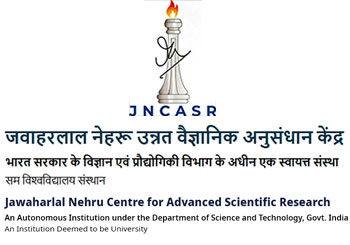The control of differentiation, proliferation and functions of immune cells occurs in many unique ways. The proficiency of immune cells to respond to an environmental stimuli and mount a specific response is, in part, dependent on robust and coordinated gene expression programs that involve regulated transcription of a battery of genes. The core regulatory circuitry of these transcription programs is composed of diverse transcription factors, chromatin regulators and signaling pathways.
A number of recent genome-wide association studies (GWAS) have identified genetic variants that are frequent in various immunological diseases. A significant proportion of the causal variants map to non-coding cis-regulatory elements. However, details of temporal binding of transcription factors and chromatin regulators to these elements and their possible implications on the onset and progression of immune-mediated diseases remain elusive.
The primary focus of our research program is to understand the molecular basis of immune cell differentiation and function. We want to explore how ‘cis’ and ‘trans’ acting factors encoded by the genome are integrated into the transcriptional and epigenetic machinery, facilitating a healthy immune response. We are also trying to decipher how these genetic circuits fail in immune-mediated diseases. Our research program focuses on cracking the regulatory maps of immune and stromal cells that are central to immunological disorders. We seek to delineate the precise integration of transcriptional regulators in the molecular circuitry of distinct immune cell subsets. A mechanistic understanding of the gene expression programs in immune cells is not only essential for comprehending the etiology of immunological disorders, but also has the potential to facilitate development of novel therapeutic approaches for these diseases.
We use the laboratory mouse as a model system for our research. Our experimental approaches include genetic perturbations in the mouse, flow cytometry, genome-wide chromatin-mapping techniques (ChIP-seq, ATAC-seq), transcriptomics (RNA-seq, Microarray), high-throughput chromatin conformation capture methodologies (Hi-C, HiChIP) and sophisticated biochemical approaches to exquisitely reveal hidden molecular patterns in the immune cells.
